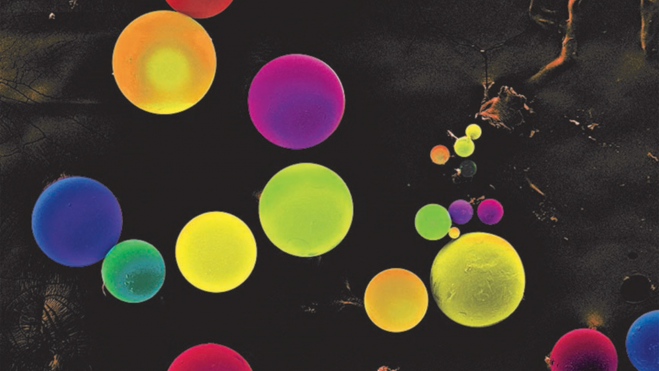The cosmetics industry has been adapting and, through innovation, committing itself to be more environmentally friendly for years. Proof of this was the large reduction of microplastics and how it has been reinventing itself with more sustainable alternatives to comply with EU and other directives.
Recently, researchers and engineers at the Massachusetts Institute of Technology have developed a series of biodegradable materials that could replace the microbeads or microbeads still used in some beauty products. These polymers break down into sugars and amino acids.
‘One way to mitigate the problem of microplastics is to first figure out how to clean up existing pollution. But it is equally important to look to the future and focus on creating materials that do not generate microplastics,’ said Ana Jaklenec, who participated in the MIT research.
These particles may also have other applications, such as encapsulating other nutrients like vitamin A, which could be a breakthrough for people suffering from nutritional deficiencies.
The researchers, led by Zhang, turned to a type of polymer that Langer's lab had previously developed, known as poly(beta-aminoesters). These polymers, promising as vehicles for gene delivery and other medical applications, are biodegradable and break down into sugars and amino acids.
